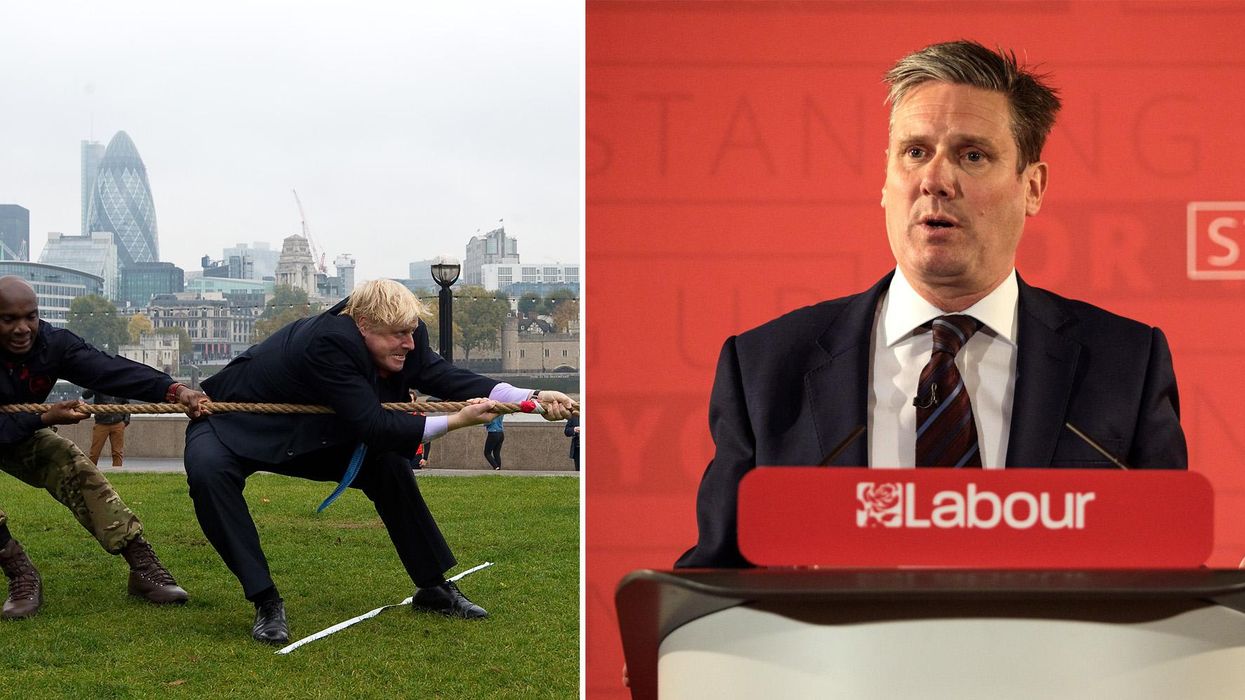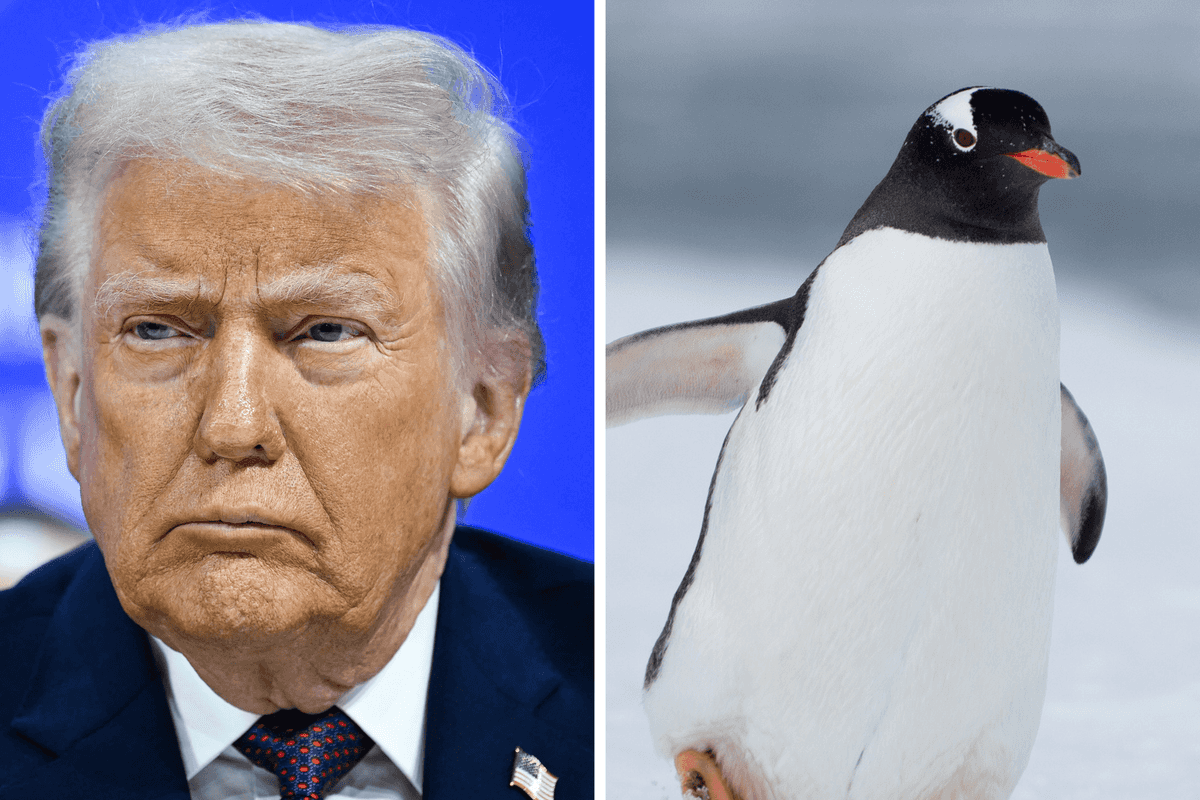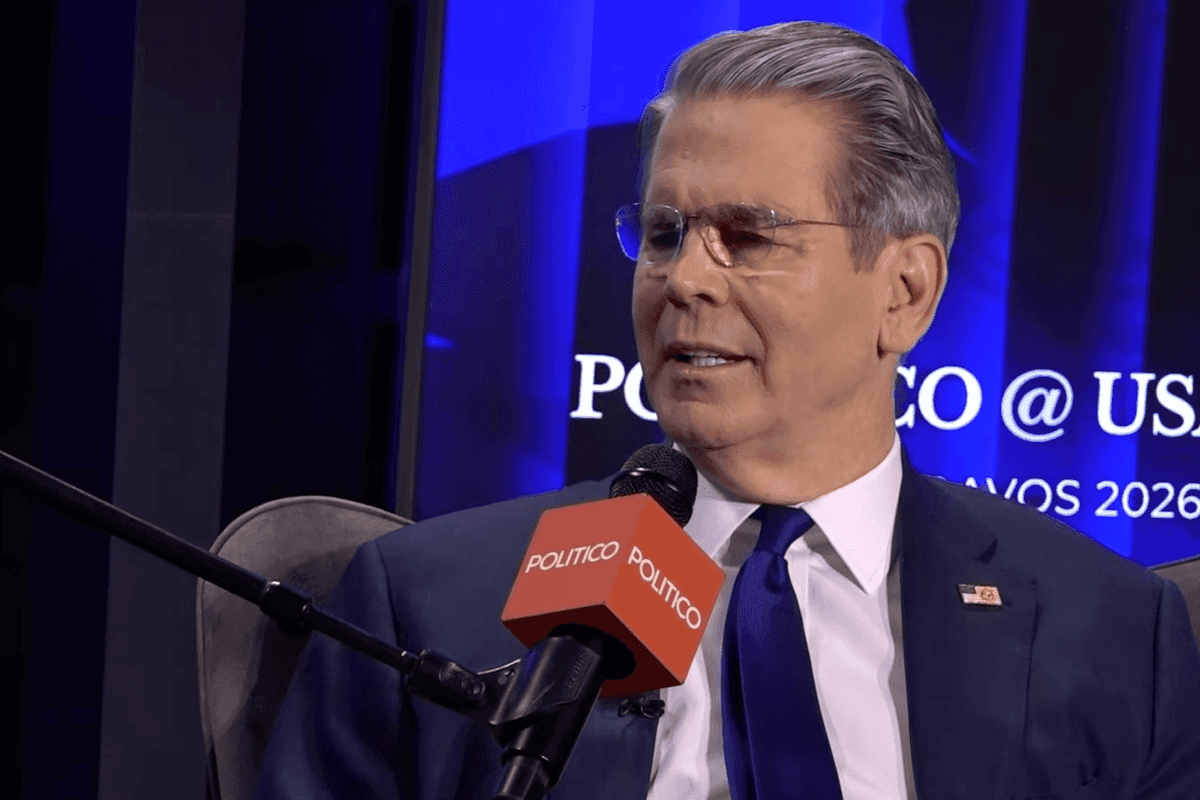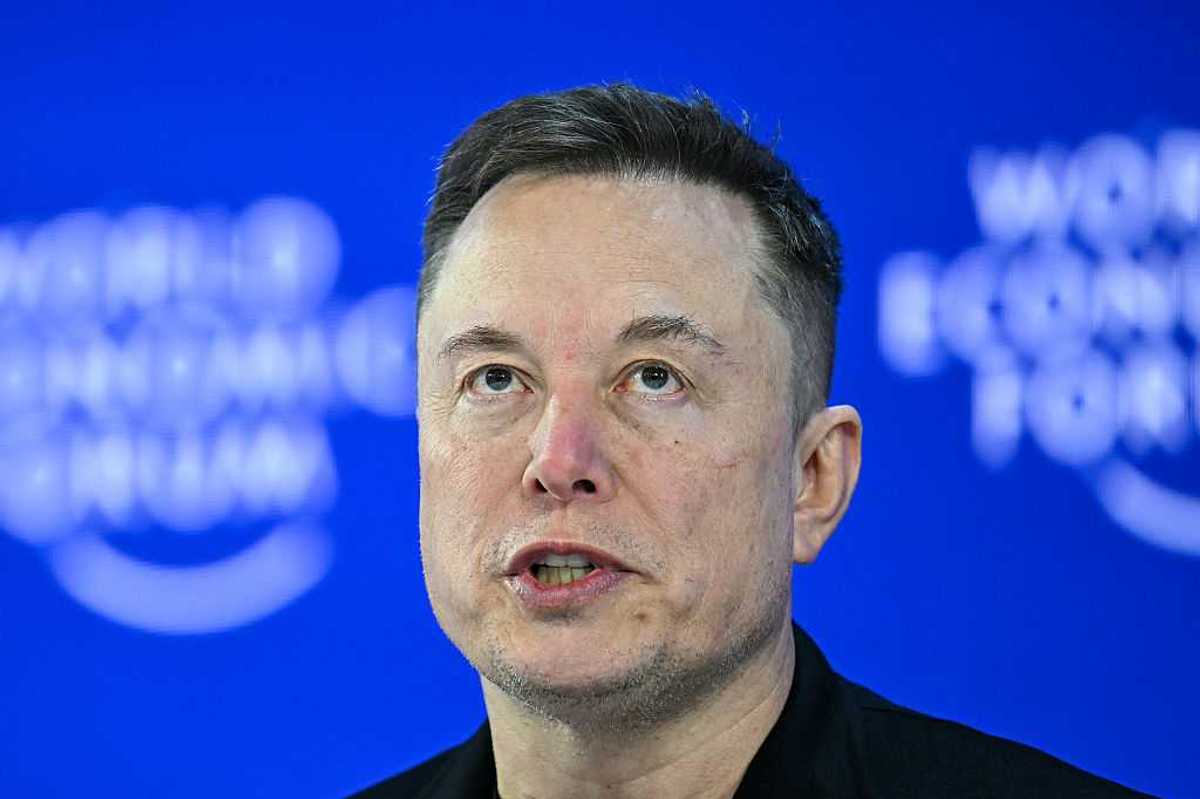Indy100 Staff
May 21, 2017

Picture:
Ben Pruchnie/Getty Images
In a speech 18 April, Theresa May listed the Brexit negotiations among her reasons for calling the current general election.
She told the country:
Our opponents believe because the government's majority is so small, that our resolve will weaken and that they can force us to change course. They are wrong.
They underestimate our determination to get the job done and I am not prepared to let them endanger the security of millions of working people across the country.
Because what they are doing jeopardises the work we must do to prepare for Brexit at home and it weakens the government's negotiating position in Europe.
If we do not hold a general election now their political game-playing will continue, and the negotiations with the European Union will reach their most difficult stage in the run-up to the next scheduled election.
Division in Westminster will risk our ability to make a success of Brexit and it will cause damaging uncertainty and instability to the country.
Surprisingly she didn't mention how her commanding lead over Labour in the polls could lead to a landslide victory and a stronger majority.
During the election, the Conservative election machine has perceived Corbyn's leadership as a Labour weakness, and has asked the country whether they want him in charge of negotiations with the EU.
People have countered that they think her own team for Brexit negotiations isn't the sharpest, citing the time Boris Johnson got stuck on a zip wire.
Here's a more detailed snapshot of the negotiation teams.
Theresa May's team to negotiate Brexit would feature:
- Secretary of State for Exiting the EU David Davis
- The Foreign Secretary Boris Johnson
- The Secretary of State for International Trade Liam Fox
- The Permanent Secretary in the Brexit department Oliver Robbins
- The Parliamentary Under Secretary of State for the Department of Exiting the EU (DExEU) Robin Walker
- The Director General of DExEU Sarah Healey
Labour's shadows in these ministerial roles are:
- Shadow Secretary of State for Exiting the EU Keir Starmer
- Shadow Foreign Secretary Emily Thornberry
- Shadow Secretary of State for International Trade Barry Gardiner
It's worth pointing out that as Prime Minister, Theresa May and Jeremy Corbyn would both have oversight of these respective teams.
The European Commission appointed Michel Barnier as European Commission Chief Breixt Negotiator, beginning 1 October. He is joined by Didier Seeuws, Council Special Taskforce Chief Negotiator, and Guy Verhofstadt, European Parliament chief negotiator on Brexit.
More: Is bribery going to be Theresa May’s main Brexit negotiating tactic?
Top 100
The Conversation (0)













